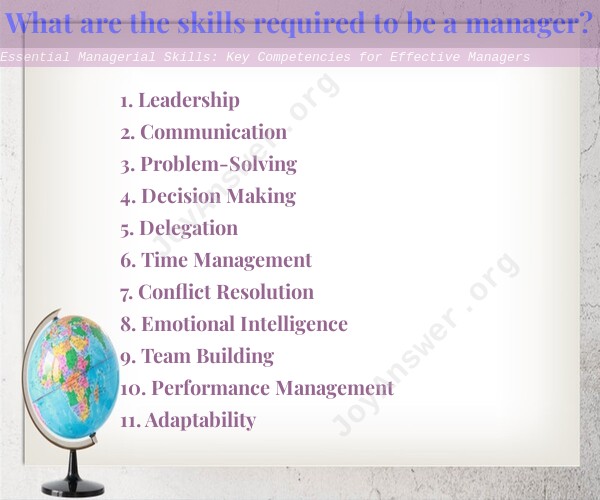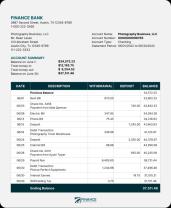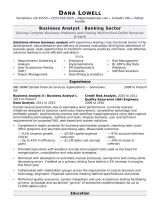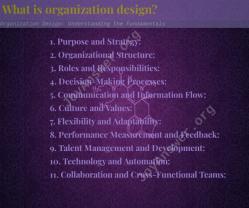What are the skills required to be a manager?
here are some essential managerial skills and key competencies for effective managers:1. Leadership
A great manager should possess strong leadership skills to inspire and motivate their team. They should be able to set a clear vision, communicate goals, and guide their team towards success.
2. Communication
Effective communication is crucial for managers. They should be able to articulate ideas clearly, actively listen to their team members, and provide feedback in a constructive manner.
3. Problem-Solving
Managers must be skilled at identifying problems, analyzing the root causes, and coming up with practical solutions. They should encourage a problem-solving culture within their team.
4. Decision Making
Managers frequently face important decisions. Being able to make well-informed and timely decisions is essential for the success of the team and the organization.
5. Delegation
A good manager knows how to delegate tasks effectively. Delegating responsibilities to team members not only empowers them but also helps in achieving overall objectives efficiently.
6. Time Management
Managers often have to juggle multiple tasks and deadlines. Strong time management skills enable them to prioritize effectively and meet their commitments.
7. Conflict Resolution
Conflicts can arise in any team. A competent manager should be able to handle conflicts constructively, mediate disputes, and maintain a harmonious work environment.
8. Emotional Intelligence
Emotional intelligence involves understanding and managing one's emotions and empathizing with others. Managers with high emotional intelligence build stronger relationships and handle stress better.
9. Team Building
Managers should foster a positive team culture and encourage collaboration. Building a cohesive team with diverse skills and strengths is essential for achieving collective goals.
10. Performance Management
Effectively managing employee performance includes setting clear expectations, providing regular feedback, and recognizing and rewarding achievements.
11. Adaptability
Managers should be adaptable in a constantly changing business environment. Being open to new ideas and flexible in approach helps the team stay resilient and innovative.
12. Strategic Thinking
Effective managers can see the bigger picture and align their team's efforts with the organization's long-term goals and strategies.
13. Coaching and Mentoring
Investing in the growth and development of team members through coaching and mentoring helps create a skilled and motivated workforce.
14. Financial Management
Managers need to understand basic financial principles to make informed decisions that contribute to the financial health of the team and the organization.
15. Networking
Building a professional network allows managers to learn from others, share best practices, and explore potential collaborations or business opportunities.
Remember that managerial skills can be developed and refined over time. Being open to learning and continuously improving is essential for becoming a more effective and successful manager.












